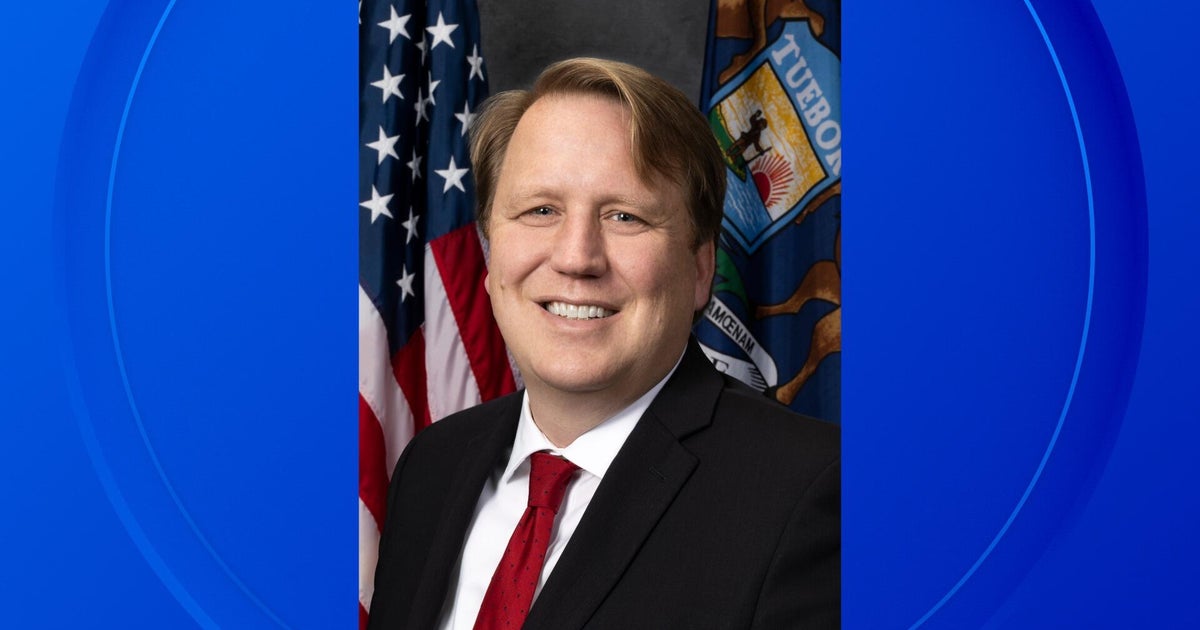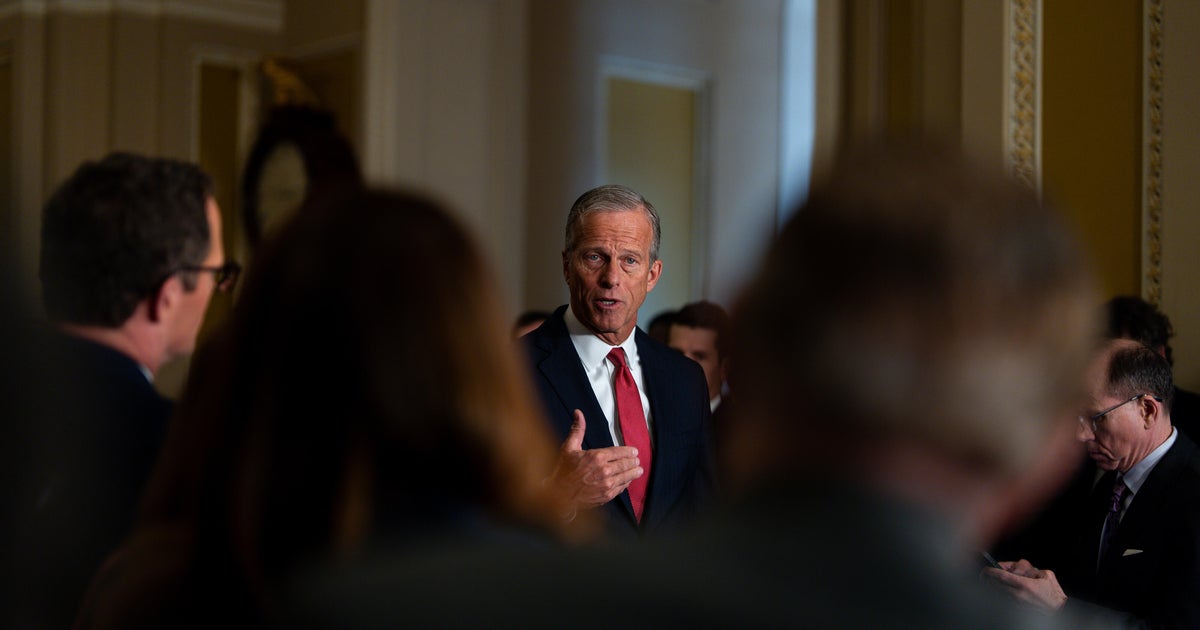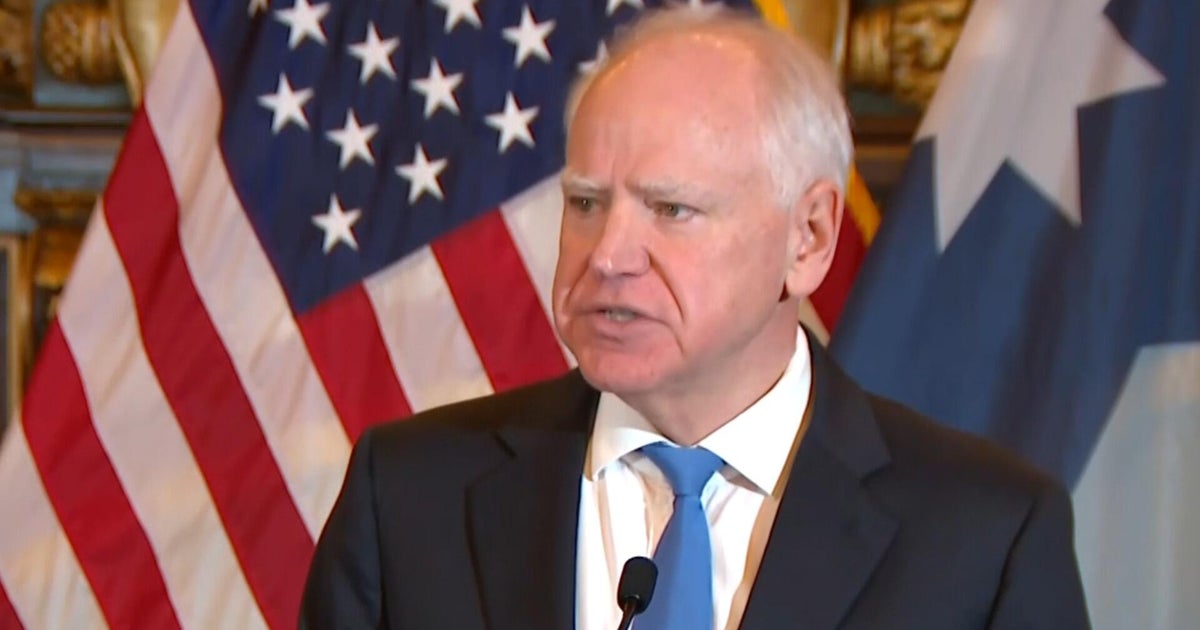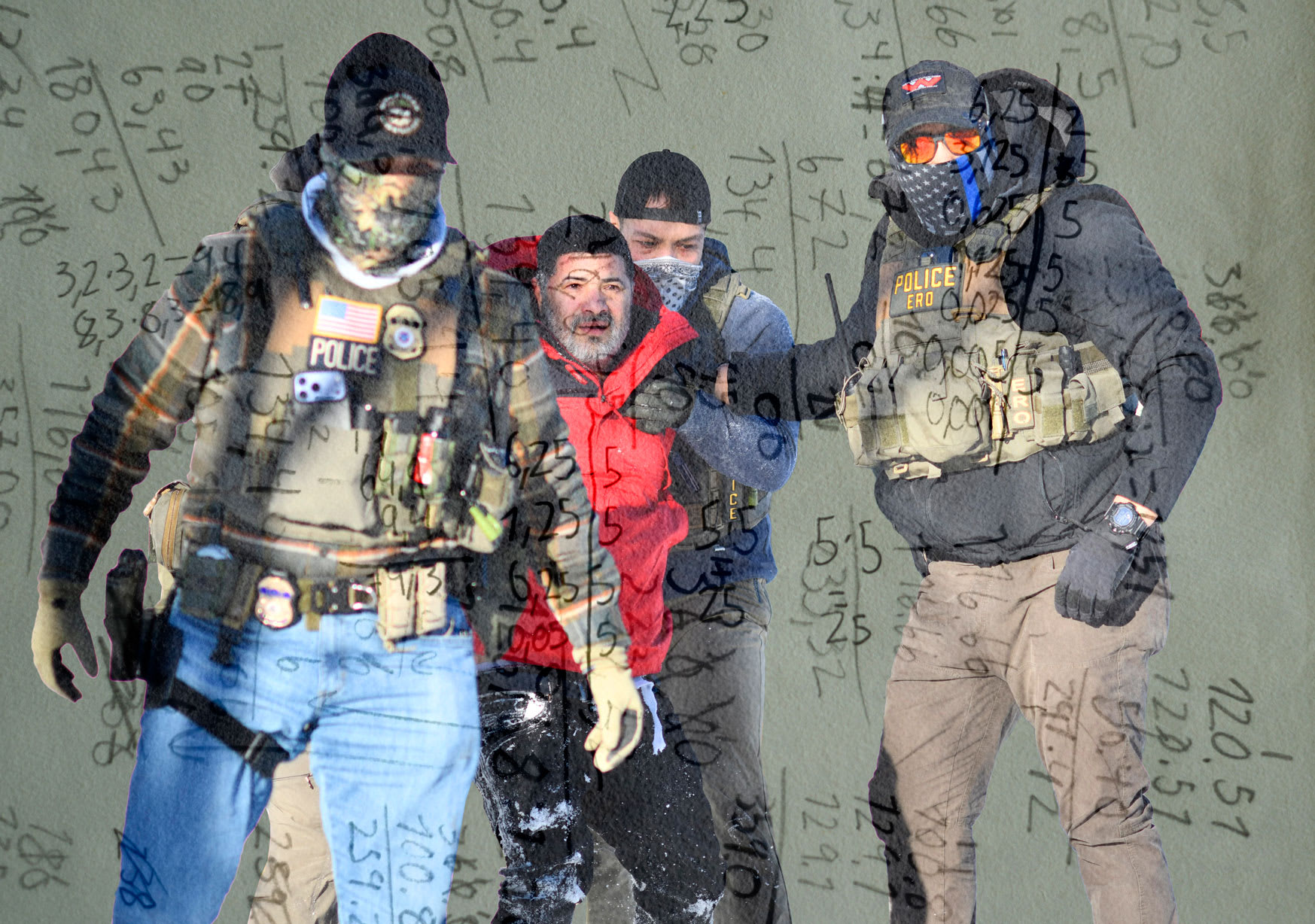U.S. to outfit thousands of border agents with body cameras
Washington — The Biden administration will outfit thousands of U.S. border agents with body cameras in a massive operational change aimed at "reinforcing trust and transparency" in the agency's policing practices, U.S. Customs and Border Protection (CBP) announced Wednesday.
The new policy will increase oversight of federal agents amid a greater push for accountability in law enforcement following a string of high-profile fatal shootings by police over the past decade.
"Our agents and officers serve the public and protect our borders every day with great skill and professionalism," Troy Miller, the acting CBP commissioner, said in a statement Wednesday. "Providing them with state-of-the-art technology and tools like body-worn cameras will support their work and provide greater transparency into interactions between CBP officers and agents and the public."
CBP expects to deploy approximately 6,000 cameras by the end of 2021 — a "first step" toward broader implementation across the U.S. Border Patrol, which is part of the agency. As of this month, there are nearly 20,000 agents deployed on both the northern and southern U.S. borders.
The cameras are "roughly the size of a deck of playing cards — agents and officers will wear them on the front of their uniforms," according to the announcement by CBP. The body-worn devices "will be running continuously in the background, and once an agent or officer activates a camera, it begins to save the footage starting two minutes before the activation of the camera."
The technology could yield new observations or improvements along the U.S.-Mexico border, where Border Patrol agents have seen an uptick in remote rescue missions amid high-temperatures and flooding. Arrests have also risen to 20-year highs.
The agency said footage will also be used to review and investigate allegations of misconduct by agents, including "use of force incidents."
The new policy is a welcome "first step" for pro-immigration activists advocating for agency reforms following reports of excessive use of force, fatal encounters with officers, high-speed pursuits of migrants along the Southwest border and institutional racism.
"It's a step in the right direction toward needed accountability within Border Patrol," said Shaw Drake, staff attorney and policy counsel for the American Civil Liberties Union of Texas. "But cameras on agents [are] not going to cure a culture of cruelty within the agency. Much deeper reforms are needed to reform the largest law enforcement agency in the country."
Brandon Judd, president of the National Border Patrol Council, also supports cameras, telling CBS News they could assist in criminal investigations and be deployed in officer training sessions. The union he oversees represents three-quarters of Border Patrol agents in the United States.
"Body-worn cameras can be tools that can help law enforcement prosecute criminals. Body-worn cameras can be tools to help ensure that law enforcement officers are acting within their scope," Judd said.
But Judd stressed that agents should be able to access the video at any time. "Not just through use of force situations but any mundane situation, so that they can go back through and see what they might have done wrong or what they could have done better to be more effective as a law enforcement officer," he added. "If it's strictly to appease the anti-police movement, and it's strictly for the 'gotcha moments,' then we're going to obviously be opposed."
In 2015, CBP opted not to deploy body cameras after assessing that equipment did not hold up in the field, particularly along the southern border.
Gil Kerlikowske, CBP commissioner at the time, oversaw the pilot study.
"The difficulty we had was the technology... When officers are running through the brush, they could get knocked off. Other cameras were not holding up well in the dusty environment, particularly in the very fine dust along the Southwest border," Kerlikowske said. "That environment along the Southwest border is pretty unique, unlike a police officer or state trooper's environment."
After Congress mandated an additional six-month in-field evaluation from May to November 2018, investigators recommended deploying body-worn cameras to select Border Patrol stations and ports of entry.
In September 2020, CBP awarded a $13 million contract to Axon Enterprises Inc. to outfit 3,800 Border Patrol agents with body cameras and connect the devices to a cloud-based "digital evidence" system. Axon declined CBS News' request for comment.
Last year's contract followed longtime efforts by a bipartisan group of lawmakers to secure funding for the initiative.
In 2017, New York Congressman Adriano Espaillat introduced legislation to require U.S. Immigration and Customs Enforcement (ICE) and CBP officers to wear body cameras when on duty.
Outfitting officers with cameras is just an initial step. The nation's largest law enforcement agency will also be tasked with determining how body camera footage will be preserved, used and in certain circumstances, disseminated to the public.
"There are also a lot of other costs and questions after you obtain the cameras themselves," Kerlikowske said. "Capturing the data, for instance. How long do you hold it? When is it going to be released?"
The former CBP commissioner said the agency also explored hiring about four to five additional Freedom of Information Act administrators to review requests for camera footage back in 2015. CBP said in a statement that footage will be retained "based upon the nature of the recorded incident and its evidentiary value."
In June, the Department of Justice (DOJ) announced its federal agents — including officers from the Bureau of Alcohol, Tobacco, Firearms and Explosives, Drug Enforcement Administration, FBI and Marshals Service — would be required to wear body cameras when executing search warrants or making pre-planned arrests. But the department stopped short of mandating body cameras be worn at all times.
In February, the Department of Homeland Security (DHS) expressed interest in procuring 2,000 body-worn cameras for use by the U.S. Secret Service, and solicited information from private vendors on device capabilities.
"I think this is a good step that will put some real pressure on DOJ, Secret Service and U.S. Park Police to follow suit," Kerlikowske said.
U.S. Border Patrol will begin a "phased rollout" of new equipment this month, dispatching body-worn cameras first at Border Patrol locations in El Paso, Big Bend, and Del Rio, in the coming days.
Camilo Montoya-Galvez contributed to this report.




